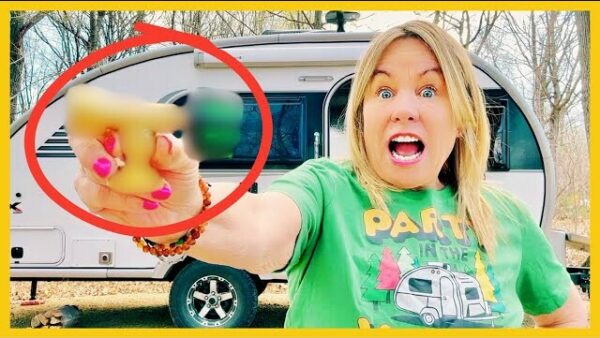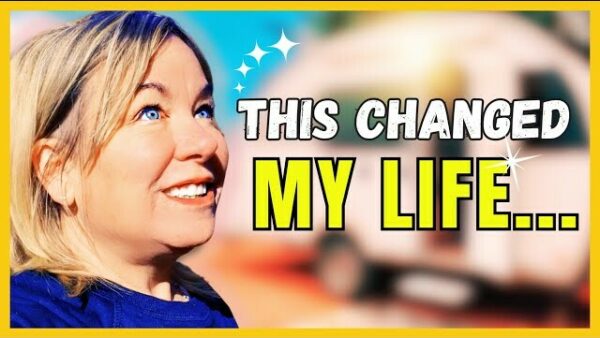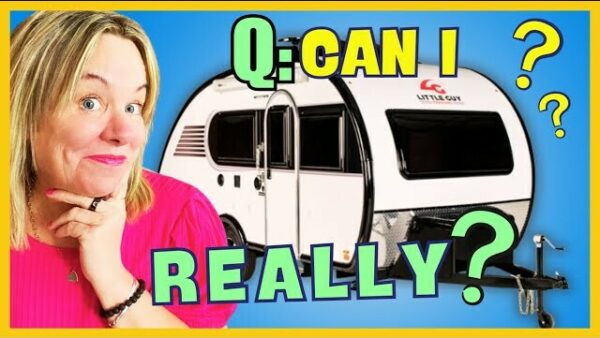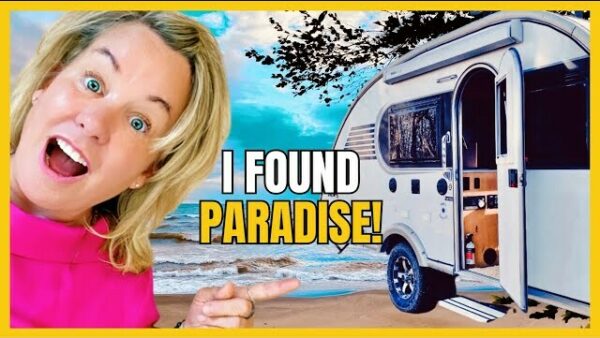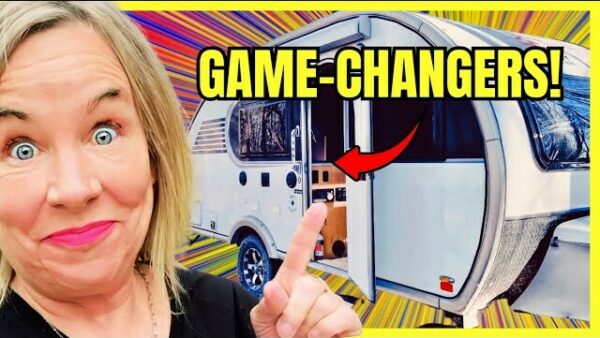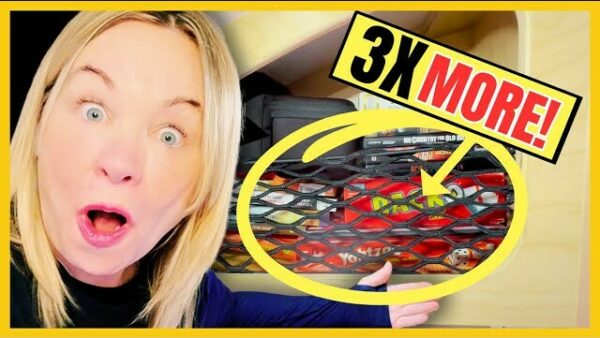I bought my small camper 4 years ago and I love it. The biggest reason is I have been able to camp at off-the-beaten-path locations. These remote camping spots have been beautiful and there is something special about camping where most others don’t.
You should buy a small camper if you will be using it primarily on the weekends and want to camp in remote locations such as National Forests because it is difficult for large RVs to travel down forest service roads to scout out a camping spot.
If you are on the fence and can’t decide if camping in a small camper is worth it this fun quiz will help you decide. I am team small camper but there are pros and cons to owning a small camper.
If you mostly answer Yay to these questions, then welcome to the team!
Should I Buy Small Camper Quiz Questions
1. How much time will you be spending in your RV?
Some RV owners will spend more time inside their RV then others.
If you want a place to eat, sleep, entertain guests as well as a place for family members to gather for movie night a small camper will be too small. However if you are an outdoorsy person and most of your hanging out time is spent outside a small camper is more likely to fit your desired camping lifestyle.
2. How much RV space do you really need?
The biggest difference between a large and small RV is the living space.
Larger RVs will have slide outs that increase the width of these space and can usually accommodate a couch or two reclining chairs. Small camper typically do not provide the type of space most think of when they think about their living room at home.
3. Are you OK roughing it?
You can experience all the comforts of home while camping in a large RV. These RV come equipped with all the amenities you would find in your home, such as a bedroom, kitchen, bathroom, TV, dining areas and more.
However, most smaller RV do not offer all of these conveniences so you need to be OK living without them for a short period of time.
4. Can you be a minimalist?
Large RVs have storage space to bring along more gear than smaller ones. This is one of the biggest drawbacks to buying a small camper.
If you think living a minimalist lifestyle for short periods of time sounds appealing than a small camper is worth it.
5. How much stuff will you bring with you?
Due to limited RV storage space in small campers, you need to carefully pack you clothing and personal items you bring along and not overpack. Be sure there is enough space to store these items for the time frame you will be gone.
6. Do you need a full kitchen?
Small campers do not have enough space for ovens, several pots and pans, and the kitchen utensils you are used to having available while you are cooking at home.
Are you good with being resourceful when planning a culinary masterpiece?
7. Can you comfortably sleep on a smaller bed?
Most small campers do not have enough space for king or full queen size beds. This becomes an issue for those who are taller than the average person, or those who simply prefer a larger mattress.
8. Will there be more than 3-4 people camping with you?
Small campers are great for couples or two people and solo campers. But when you add more people, it will feel crowded. If you have a family of six, it’s easier to opt for a larger camper so everyone has enough space to stretch out!
9. How often will you go RV camping?
Some people buy a huge RV to explore the world. Others want to go RV camping primarily on the weekends, or for a couple of one to two week getaways a year. That’s when a small RV comes in handy.
10. Will you move campsites often?
Packing up, hitching and unhitching small campers is much faster to do than it is with bigger RVs. This is an advantage if you like to campsite hop.
11. Are you OK without a full bathroom?
Some small campers do not come with a bathroom but today many do. The most common type of bathroom is a wet bath meaning the shower is not separate.
12. What size RV are you comfortable towing and backing up?
The longer the length of a travel trailer the more difficult it is to tow and back it up.
Backing up takes practice because you are turning the tow vehicle steering wheel in the opposite direction you would if you were backing up without a trailer attached.
13. Do you prefer more remote camping spots?
Remote camping spots can be difficult for large RV to get to. The smaller the RV the more remote places you can tow it.
14. What are the primary roads you will be traveling on?
Both big and small campers can safely be towed down maintained highways.
The longer the RV the more difficult towing it down less traveled roads becomes. This is because less traveled roads are not maintained as often and some are unpaved making it challenging for big RVs.
15. How long will you be boondocking?
RV camping off grid is referred to as boondocking. Boondocking means you do not have water, electric, or sewer hookups.
Small campers have small holding tanks therefore your fresh water will run out faster and your grey and black tanks will fill up quicker.
16. Do you have a place to store your RV?
When you are not using your RV it will need to be stored somewhere. Small campers have an advantage because they can oftentimes be stored at home in a garage.
17. Are you prepared for RV maintenance, upkeep, and repairs?
Because small campers typically do not have slide outs or as many amenities and features as big RVs there is less that can break making it less likely to incur huge unexpected repair costs.
18. Do you own a capable tow vehicle?
Small campers can be pulled with cars and SUVS. They do not require heavy weight trucks for towing.
Always review the manufacturers recommended towing capacity and never exceed this.
19. Do you have previous RVing experience?
There is a learning curve to owning any size RV. However, the smaller the RV the easier the learning curve.

